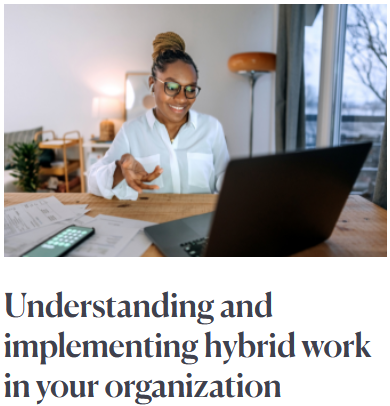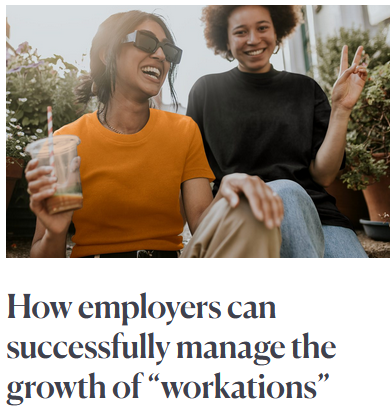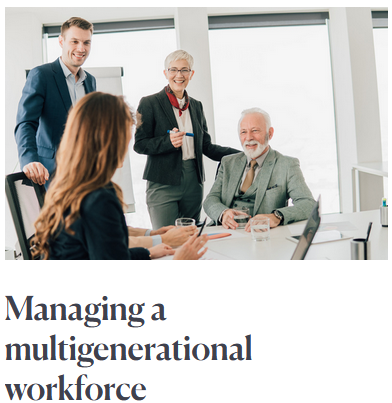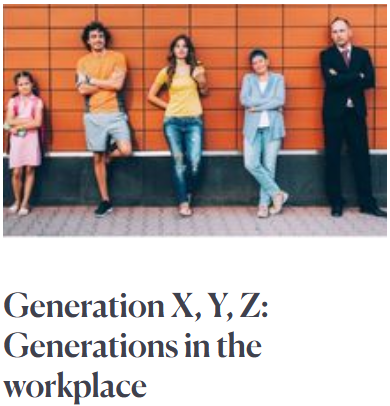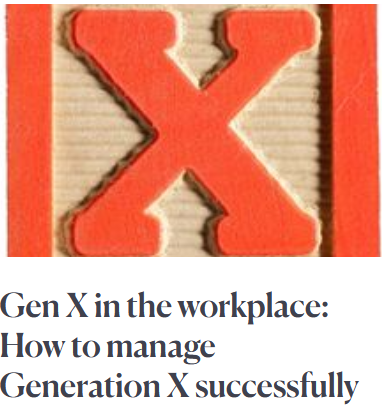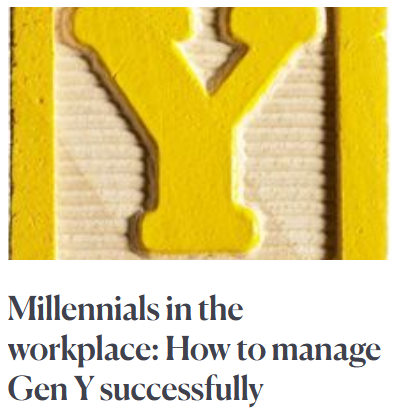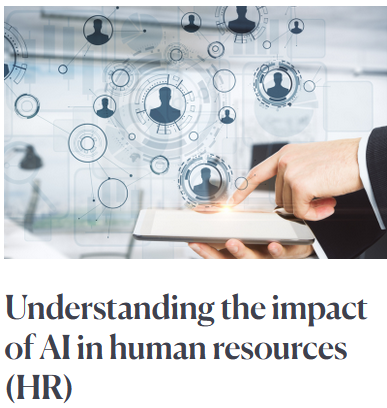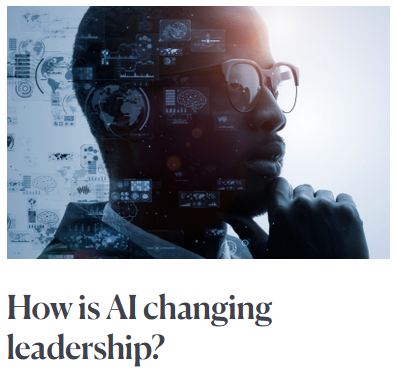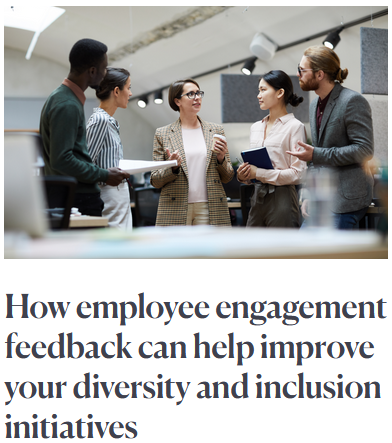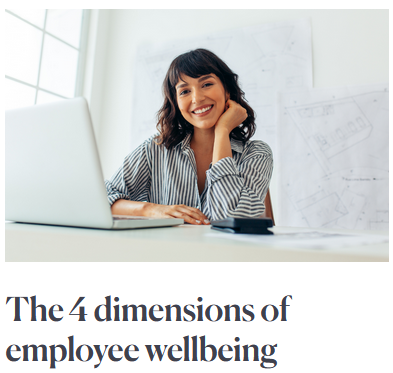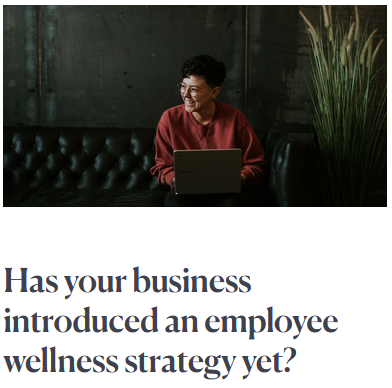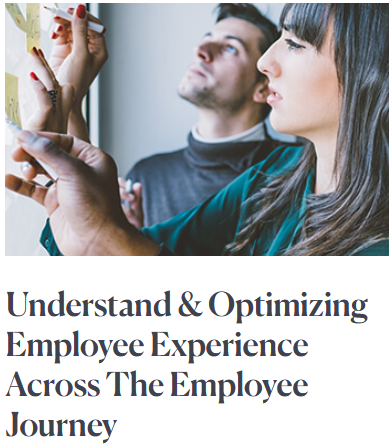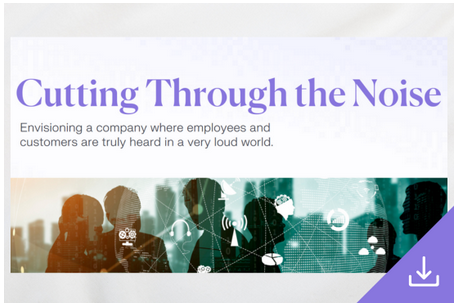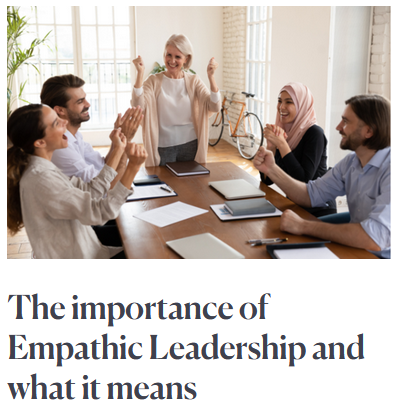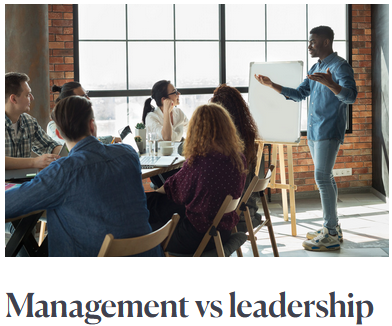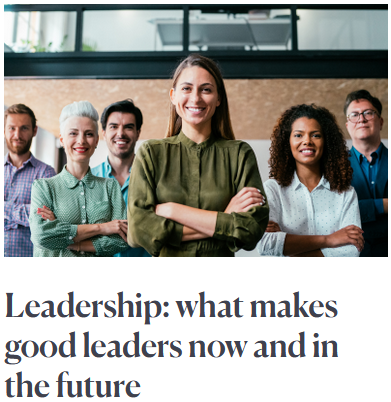The world of work has changed fundamentally. The rules for employee engagement have been rewritten, and how workers collaborate has evolved dramatically from traditional approaches.
Smart digital technologies are opening up new possibilities thanks to artificial intelligence. Simultaneously, a new generation is entering the workforce, bringing their own distinctive requirements and new expectations.
In 2024 companies, HR teams, and leaders need to rethink their approaches – and it all starts by understanding what their employees want.
What does the future of work hold for us in 2024?
Changes to the working environment were already evident in 2023. All of these trends had one thing in common: they focused on people – as individuals and not as employees. At the same time, traditional, office-based 9-to-5 working models have become superseded, health in the workplace has become increasingly important, and the role of managers has also changed fundamentally, driven by a need to increase empathy and human skills.
While 2024 doesn’t introduce totally new changes, existing trends are being amplified and adapted by external pressures. What will future work look like? Our future of work report explains more.
The 5 most important Future of Work trends for 2024 are:
- Hybrid work, flexible work models and workations
- Multigenerational teams
- Generative AI
- Advocacy for Diversity, Equity, and Inclusion (DEI)
- A greater emphasis on well-being in the workplace
1. Hybrid work, flexible working models and workations
While some companies have now brought their entire teams back to the office, the majority continue to embrace hybrid working models. Future remote work is central to the future world of work.
Many employees appreciate this split. They like the autonomy of working undisturbed from home, with its additional benefits of saving commuting time and costs but balanced with the opportunity to build and maintain personal connections with colleagues when in the office.
In particular, younger generations who are increasingly entering the workforce, demand a strong work-life balance. They want flexible hybrid models and the ability to take workations if it fits their lifestyles. The needs of the future of hybrid work are becoming clearer and more vital to success.
Understanding and implementing hybrid work in your organisation
The challenges and benefits of hybrid work
How employers can successfully manage the growth of workations
2. Multigenerational teams
Today’s teams are made up of individuals from a range of different generations – and they all have their own values and expectations. To get the most out of all of their employees, companies and their leaders must learn to understand their strengths, values, and motivations.
Managing a multigenerational workforce
Generation X, Y, Z: Generations in the workplace and what they really want
3. Generative AI
The introduction and rapid growth of generative AI highlights the enormous impact of artificial intelligence on all areas of work. It will transform jobs, define new tasks and roles, and reshape the way we collaborate.
Artificial intelligence brings one thing above all – it makes it possible for people to be there for people again. By using artificial intelligence, managers and HR teams can efficiently automate and complete organisational and administrative tasks, freeing up their time and enabling them to focus on human-centric topics.
Understanding the impact of AI on HR
Despite its myriad benefits, the rapid growth of AI is also leading to job insecurity among many employees. Many people don’t know how much their jobs will change, whether their jobs are safe, and what the future holds for them. Companies, HR teams and managers must address these concerns proactively to build trust and engagement.
The importance of job security in turbulent times
4. Advocacy for Diversity, Equity, and Inclusion (DEI)
The younger generation in particular is committed to championing social justice in the organisation. They want to work for companies that treat all people fairly and equally, regardless of race, background, gender, sexual orientation, or other characteristics.
In 2024 companies should also address the topic of menopause in the workplace. While most HR teams have focused on women- and family-friendly measures relating to pregnancy and childcare in recent years, the menopause is a taboo subject in many companies – with consequences: Almost 80 percent of women feel that the lack of consideration for menopause in the workplace is a problem and more than half of them have considered leaving their job because of it.
How employee engagement feedback can help improve your DEI initiatives
Why menopause in the workplace matters
5. A greater emphasis on well-being in the workplace
The line between professional and private lives continues to blur, leading to an increased focus on workplaces that support employee health and well-being.
Building on this, younger generations are also demonstrating a growing awareness of mental health in the workplace. They therefore consciously choose to work for companies that implement measures to reduce stress, burnout, and other challenges to mental health.
The 4 dimensions of employee wellbeing
Has your business introduced an employee wellness strategy yet?
How can companies align with the Future of Work?
Companies must prioritise the entire employee experience
In 2024, it is vital to optimise all of the experiences and interactions your employees have with the organisation. This requires companies to focus on the culture, workplace, and technology – across the employee journey, from onboarding to departure.
Understanding & optimising employee experience across the employee journey
Companies must understand that a positive employee experience directly impacts employee retention, engagement, and even customer experience. It’s no longer enough to ask for feedback once a year. It’s about listening constantly and using insights to positively influence the entire employee journey.
This requires a holistic understanding within the organisation that improving the employee experience is not just the role of the HR department. The CEO, CFO, Chief HR Officer (CHRO), line managers, internal communications teams and executives all need to work together through a joined-up approach.
Read more about the CEO, CFO and CHRO perspectives and understand the benefits of a joined-up approach in our free whitepaper. This shows you how to cut through the noise in this busy world and make your workplace a better environment for your employees.
Personalised communication is becoming more and more essential
In 2024, generic, company-wide communication is not enough. Just as you treat your employees as individuals in their daily work, how you communicate must also be personalised. Companies need to address each employee personally, offer tailored solutions and responses, and build personalised communications. This is the only way to ensure that your employees are engaged and motivated.
Thanks to AI and smart tools, it is now much easier to achieve this, reaching each employee with the right content at the right time.
Managers need soft skills
Leaders need empathy
In today’s turbulent, uncertain world, managers need empathy to better understand each team member’s emotions and motivations, both inside and outside the office.
Companies must therefore support all their managers to become more empathetic – because, contrary to what many people think, empathy is not an innate ability, but can be learned. HR teams should therefore make empathy a central part of leadership development programmes in 2024.
The importance of empathic leadership and what it means
Leaders must practice transformational leadership
Especially in these uncertain times, your employees need someone who can convince them that any change you make will have a positive impact – for themselves and for the entire organisation. Transformational leadership is key.
Companies require strong, effective leaders who motivate, engage, and guide employees. Such leaders step out of their comfort zone, listen to their team, respond positively to feedback, and thus reshape the expectations and perceptions of their employees. They serve as role models, motivators, and sources of inspiration.
Building transformational leadership in your organisation
What makes good leaders now and in the future
Workplaces must encourage both interaction and enable uninterrupted work
Considering the future of work also means questioning the future of the office, given that employee requirements and needs have changed dramatically in the workplace of the future. Workspaces need to be redesigned so that employees are happy to return to the office – rather than feeling forced to be there. They need places within the office that encourage interaction, as well as spaces where they can focus on their work, undisturbed.
Companies must continuously seek and act on feedback
Listening is at the heart of all these changes and trends. Gone are the days when employees were solely motivated by material benefits. Their desires and needs have changed fundamentally. Employees today want a voice, swift resolution of their concerns, and personalised responses to their needs and requirements.
The challenge lies in finding a way that balances and aligns individual employee needs with the company’s wider requirements. Employees want their concerns and problems to be dealt with (more) quickly and they want personalised answers to meet their needs and desires.
The challenge is to find a way to consider the individual needs of your employees and combine them with the requirements of the company. The positive news is that advanced analytics and cutting-edge AI technology have made it easier than ever to listen to your employees and listen to their feedback. Listening is not enough however – what matters most in 2024 is translating this feedback into actionable, effective measures.
How Tivian assists with the Future of Work
Tivian makes it easy to collect, evaluate, and act based on employee feedback – and communicate your actions in a targeted manner. To do this, our tool combines state-of-the-art data analytics and AI technology with comprehensive in-house communication solutions for planning and executing compelling campaigns. This holistic approach directly leads to satisfied, productive, and loyal employees.
Discover and Communicate. Two complex needs. A simple solution.
- Analyse data
- Explore Insights
- Communicate actions
- Drive change
Get to know Tivian’s Employee Experience Software and see how you can effectively impact the entire employee experience.

